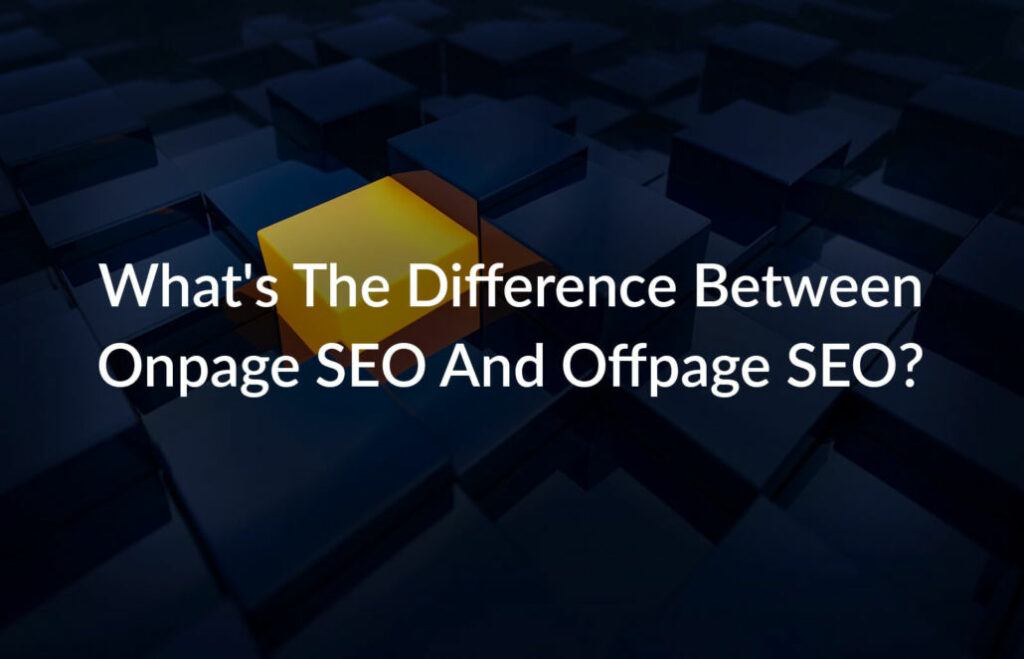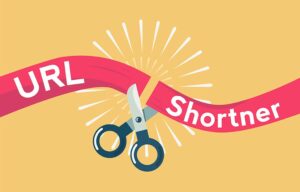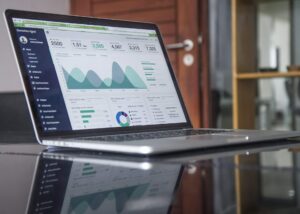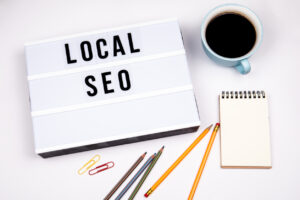Your search engine optimisation efforts can be divided into on-page SEO and off-page SEO.
- On-page SEO reviews what your website is all about. It deals with factors like URL structure, keywords, alt text, title tags, and meta descriptions
- Off-page SEO deals with just how authoritative and popular your website is. It involves factors like social promotion, domain authority, and backlinks
On-Page SEO

This refers to the practice of optimising different parts of your website in order to bolster your search engine ranking. Since you can control aspects of your page, it means that you have full control over how you structure content. Here’s a review of the different factors at play when it comes to on-page SEO:
Title Tags
It’s great to incorporate targeted keywords in the title tag section of your site. As the HTML element that specifies the title of your website, you need to come up with a catchy line that enhances the probability of people clicking on your website in search engine results pages (SERPs). Ideally, you want the title tag to be concise and provide an accurate description of the content contained therein.
Headings (H1)
Search engines take a special interest with headings than other content on your page. In light of this, it’s a great idea to try and squeeze in a couple of keywords whenever you’re composing your headings.
URL structure
Incorporating keywords in your URLs helps boost your brand visibility. That said, you should not start changing all the URLs on your page just for the sake of ensuring that they have keywords in them. Importantly, you should never touch old URLs since you stand a chance of losing out on a section your readers who have access to the old links. The only time that is allowed is if you have a strategy in place to redirect such people to your new links.
Alt Text for Images
There are a number of different content management systems in place which allows website managers to add an alt text section on all images shared on the website. While this kind of text is not in full display to people visiting your website, it’s what guides screen reader software aid blind internet users gain a comprehension of what the content share is all about.
In addition to this, search engine algorithms are wired in a similar way. Therefore, it would be great if you can inject some relevant keywords while describing what the images are all about.
Page Load Speed
Search engines like Google are committed to enhancing user experience. By optimising your pages to load faster, you’re likely going to find yourself in good books with them and benefit from ranking higher in search results.
Page Content
You need to strive to provide value to people with every post you make. The goal is to ensure that when people search for content that relates to what you do, they should be able to spot your page. It’s also necessary to ensure that they stick around long enough after opening your page. You can achieve this by tailoring the content to be easy to read and provide real value to end users.
Internal Linking
Internal linking is not only important to visitors on your page, but it also helps you much more visible in search engine results.
As you work on developing your content, always try to ensure that it can be used to link to other pages. A good way to achieve this to note all the times your text mentions another segment of your website. You can use such opportunities to insert keyword rich internal links without overdoing it. Keeping things all natural is a sure fire way to attract audiences organically.
Off-Page SEO
This approach focuses on enhancing the profile of your domain by getting links from other websites. The most important off-page SEO factor is the quantity and quality of the backlinks to your website. Here’s a couple of ways you can build links to your website:
- Come up with great content that inspires people to link back to it because it provides real value
- Make good use of outreach emails to influencers in your trade that will link back to you
- Guest blogging on sites in the same niche as you. As you share your guest posts, be sure to introduce a couple of links back to your platform

It’s essential to always remember that link quality is much more important than link quantity. Therefore, you need to avoid being spammy as you focus on improving your off-page SEO.
Also, do not buy links for the sole purpose of link building. This is because Google usually penalises websites for trying to manipulate how they rank on search engine results.
Which One Came Out on Top?
While there a distinct difference between on-page SEO and off-page SEO, you don’t really have to pick sides. This is because they are both necessary to have in your SEO strategy for long term success. Their complementary nature is great as they can help you cement your place in your industry of operation.
Striking a balance between the two is something you need to strive towards because you’ll have the mass appeal necessary to connect. End users will know what you’re really talking about and search engine robots will have a good idea of what your page entails. Once this happens, you’re certainly going to notice a spike in your rankings.










